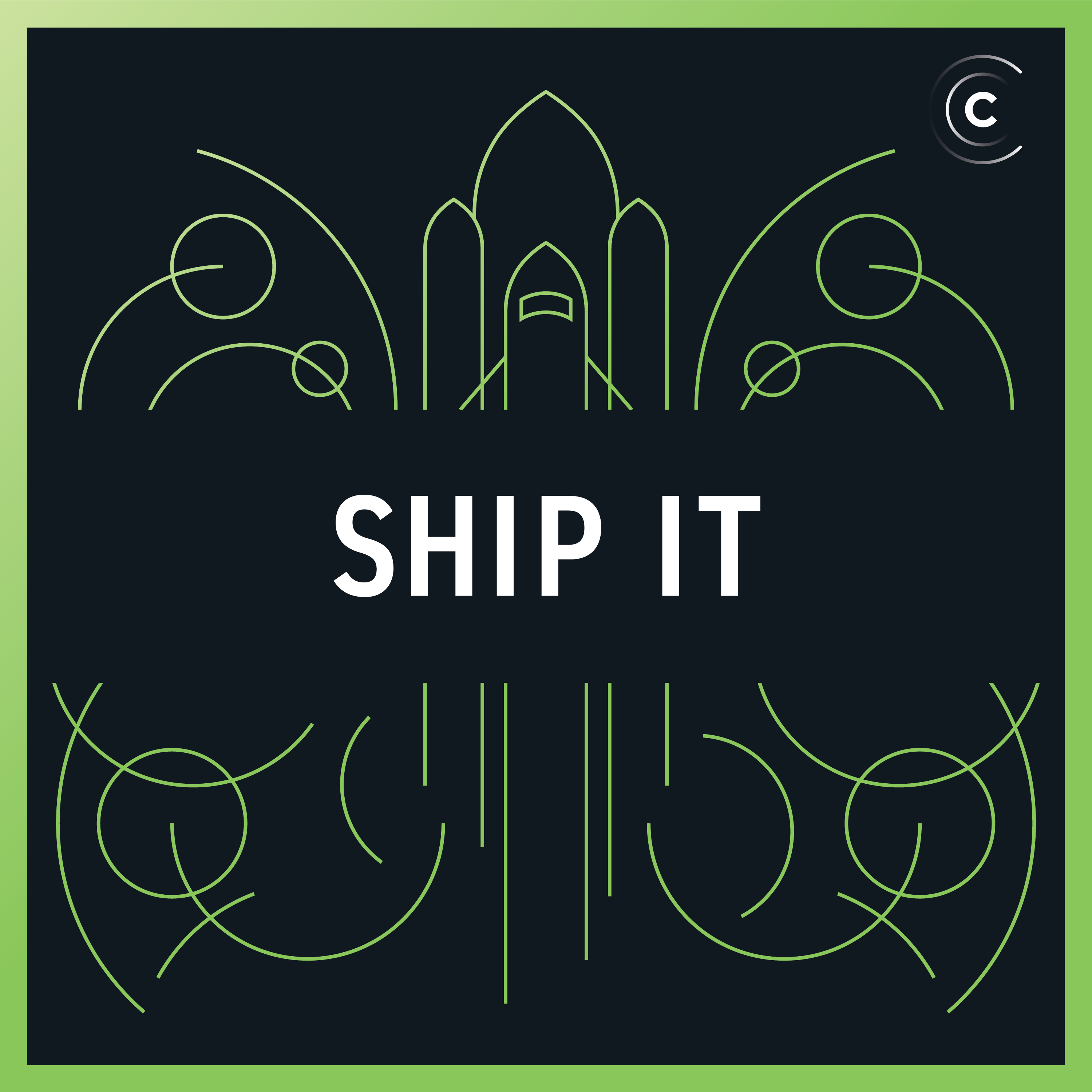Episodes
Preston Doster joins the show to tell us what it takes to run a Mastodon server with 55,000 accounts and 11,000 monthly active users.
Published 11/15/24
Published 11/15/24
No interview this week! Instead, Justin & Autumn sit down to talk about what they've been learning recently.
Published 11/08/24
Maybe Jira for your kids' chores is a good idea... Probably not.
Published 11/01/24
From switching ISPs to migrating Amazon off Oracle, Pete Naylor knows which database to use.
Published 10/25/24
Adam Jacob remains optimistic about the future for infrastructure and is building new ideas to make it better.
Published 10/18/24
Lili Cosic's experience at different companies & communities has given her insights into what's important & when to adapt to learn new (or old) things.
Published 10/11/24
Dave Eddy has learned systems programming the traditional way with books and man pages. Now he's sharing what he's learned, starting with bash.
Published 10/04/24
The ability to learn on the job has been a critical skill for David Beale throughout his career. Is the job market not allowing that anymore?
Published 09/27/24
uBlue is trying to build the world's best Linux experience for developers and gamers. Jorge Castro joins Justin & Autumn to tell us how it's going.
Published 09/20/24
David Flanagan created a successful YouTube channel but knew to take things to the next level he'd need to own more of the stack.
Published 09/13/24
Du'An Lightfoot, dev advocate at AWS, joins Justin & Autumn to discuss networking, a knowledge gap people many people have. You can ignore the things you don't understand or you can invest time to learn it.
Published 09/06/24
What if your infrastructure diagram was responsible for the actual infrastructure?! John Watson & Scott Prutton from System Initiative join Justin & Autumn to discuss.
Published 08/30/24
Silvia Botros joins Justin & Autumn for a phenomenal conversation about databases, her career path & the ins/outs of writing _High Performance MySQL_.
Published 08/23/24
Justin & Autumn are joined by Steven Wu from Scanner. Scanner built logging infrastructure focused on security teams and occasional querying. We dive deep into how architectural decisions affect your business.
Published 08/16/24
Tim Banks joins Justin and Autumn — there's nothing quite like being punched in the face by Zookeeper or being taken down by a "hot" shard.
Published 08/09/24
Deploying new applications can be tough. Deploying configuration management safely at scale with stores around the world is different. Martin Jackson joins us to discuss.
Published 08/02/24
Michael Gat joins us for a look back on mainframes & why sometimes deploying on a Friday IS the right thing to do.
Published 07/27/24
GitLab has changed a lot over the past 8 years and so has Abubakar. Starting in the help desk he's seen a lot and takes us through GitLab's and his progression.
Published 07/19/24
Git was designed to be distributed but there is a lot of gravity around GitHub. What does the model look like for a business that encourages you to run your own git server and what does the backend for gitea.com look like?
Published 07/12/24
Gareth Greenaway from the Salt project joins us for a trip down memory lane with configuration management and why open source projects have changed over the past decade.
Published 07/06/24
Bailey Hayes & Taylor Thomas from Cosmonic join the show for a look at WebAssembly Standard Interfaces (WASI) and trade-offs for portable interfaces.
Published 06/29/24
Devyn Cairns & Jakub Žádník join Justin & Autumn to talk about building a new kind of cross-platform shell that provides easy extensions with traditional command compatibility. That’s no easy feat!
Published 06/21/24
Render founder/CEO Anurag Goel joins us for a look behind their platform. An application native hosting option that hides the lower levels still requires a LOT of infrastructure.
Published 06/14/24
Gina Häußge is here to tell us about the infra behind the OctoPrint project, which tests and releases new versions that work on multiple different printers and gets deployed hundreds of thousands of times.
Published 06/07/24


